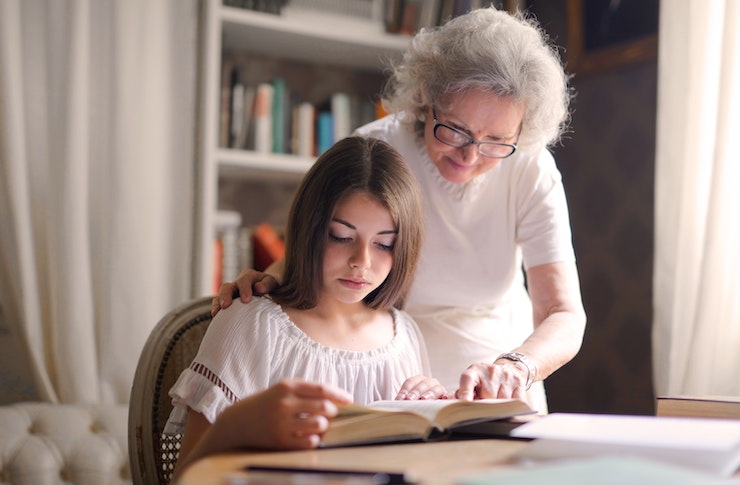Intergenerational Skill Swaps: Bridging Age Gaps Through Knowledge Exchange
In an era of rapid technological change and evolving social dynamics, a fascinating trend is emerging: intergenerational skill swaps. This innovative approach to learning and community building is reshaping how different age groups interact, share knowledge, and support each other. Read below to explore how this phenomenon is transforming relationships, challenging stereotypes, and creating a more connected society.

The Rise of Intergenerational Learning
Intergenerational skill swaps have gained traction in recent years as communities seek innovative ways to address social isolation and promote lifelong learning. This trend has its roots in the recognition that each generation possesses valuable skills and experiences that can benefit others. By creating structured opportunities for knowledge exchange, these programs tap into the wealth of human capital that exists across age groups.
Breaking Down Age Stereotypes
One of the most significant impacts of intergenerational skill swaps is their ability to challenge and dismantle age-related stereotypes. When younger and older individuals work together, they often discover that their preconceptions about each other are unfounded. Young people learn that older adults can be tech-savvy and open to new ideas, while older participants realize that younger generations possess wisdom and maturity beyond their years.
Fostering Empathy and Understanding
Through these exchanges, participants develop a deeper empathy for individuals from different age groups. Young people gain insight into the challenges faced by older adults, such as age-related health issues or feelings of obsolescence in a rapidly changing world. Conversely, older participants develop a better understanding of the pressures and concerns facing younger generations, from career anxiety to social media stress.
Addressing Social Isolation
Intergenerational skill swaps play a crucial role in combating social isolation, particularly among older adults. By engaging in regular interactions with younger people, seniors find new sources of social connection and purpose. These relationships often extend beyond the formal skill swap sessions, leading to lasting friendships and support networks that enhance overall well-being for all involved.
Preserving Cultural Heritage
An unexpected benefit of intergenerational skill swaps has been their role in preserving cultural heritage and traditional knowledge. As older generations share skills like traditional cooking methods, handicrafts, or local historical knowledge, they ensure that these valuable cultural assets are passed down to younger generations. This transfer of knowledge helps maintain cultural continuity and enriches communities with a sense of shared history and identity.
Enhancing Digital Literacy
In todays digital age, one of the most valuable exchanges occurring in these programs is the transfer of technological skills from younger to older participants. Younger individuals help seniors navigate smartphones, social media platforms, and online services, empowering them to stay connected and engaged in an increasingly digital world. This digital literacy not only improves quality of life for older adults but also helps bridge the digital divide that often exists between generations.
Boosting Intergenerational Workforce Collaboration
The skills and understanding developed through these exchanges have far-reaching implications for the workforce. As companies increasingly employ multigenerational teams, the ability to collaborate across age groups becomes crucial. Participants in intergenerational skill swaps develop communication skills and cultural competencies that translate directly to more effective workplace interactions, fostering innovation and productivity in diverse teams.
Creating Sustainable Communities
Intergenerational skill swaps contribute to the creation of more sustainable and resilient communities. By fostering connections between different age groups, these programs create support networks that can be mobilized during times of need. Whether its younger volunteers helping seniors during a heatwave or older adults providing childcare support to working parents, these intergenerational bonds strengthen the social fabric of communities.
Challenges and Future Directions
While the benefits of intergenerational skill swaps are clear, implementing and sustaining these programs can be challenging. Overcoming initial hesitation, ensuring consistent participation, and addressing logistical issues are common hurdles. However, as awareness of the benefits grows, more communities and organizations are investing in creating structured opportunities for intergenerational exchange.
The future of intergenerational skill swaps looks promising, with potential for expansion into new areas such as environmental conservation, civic engagement, and mental health support. As these programs evolve, they have the potential to reshape our understanding of education, community building, and social support, creating a more inclusive and connected society for all ages.






